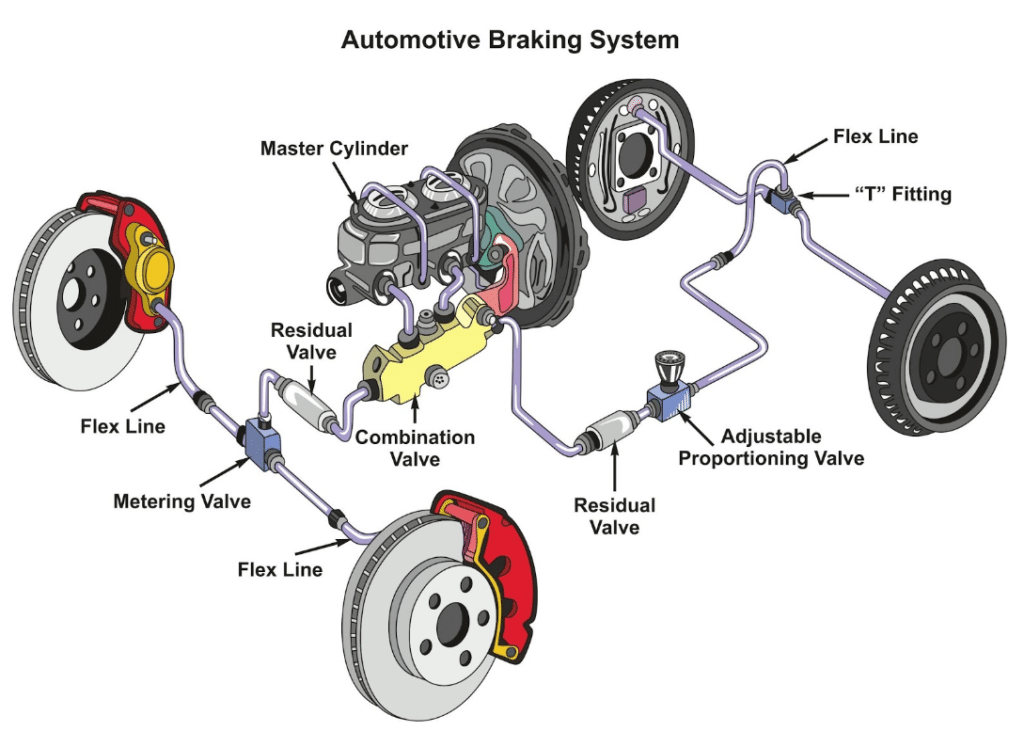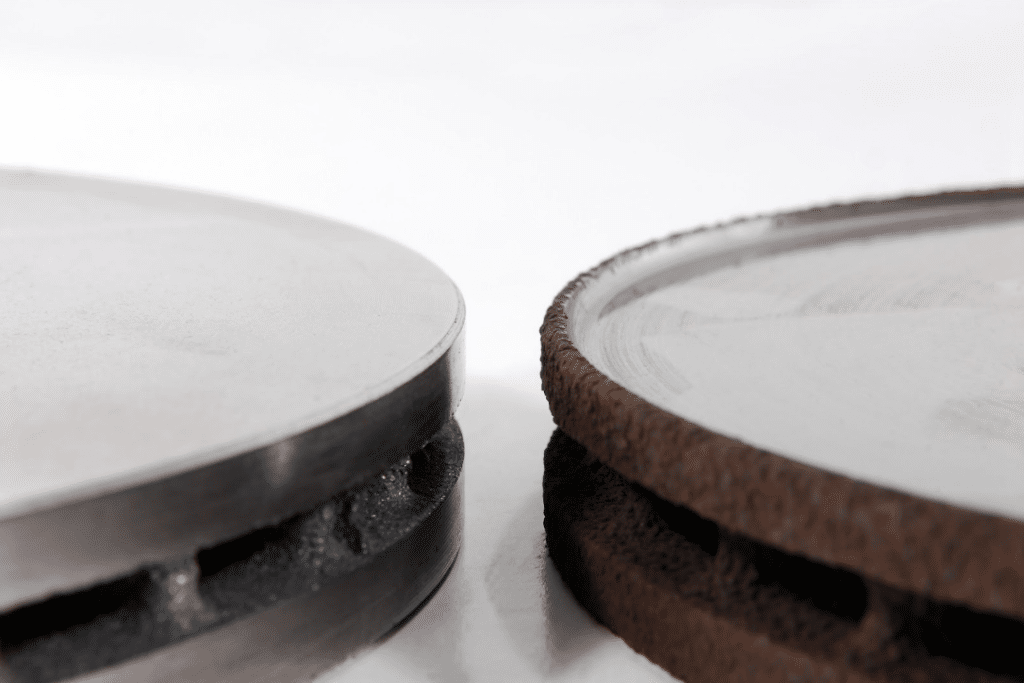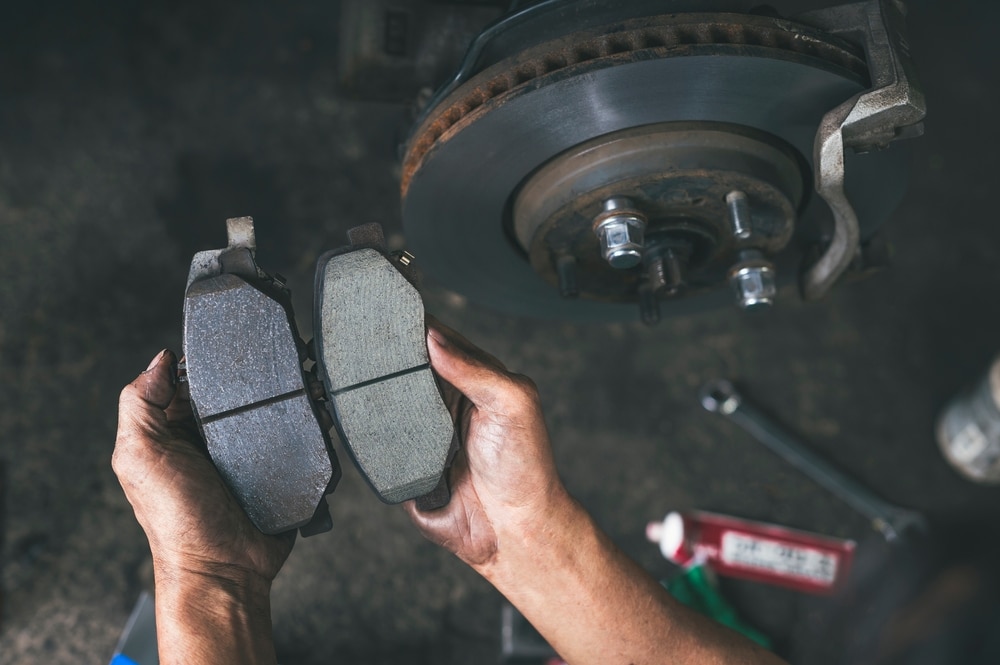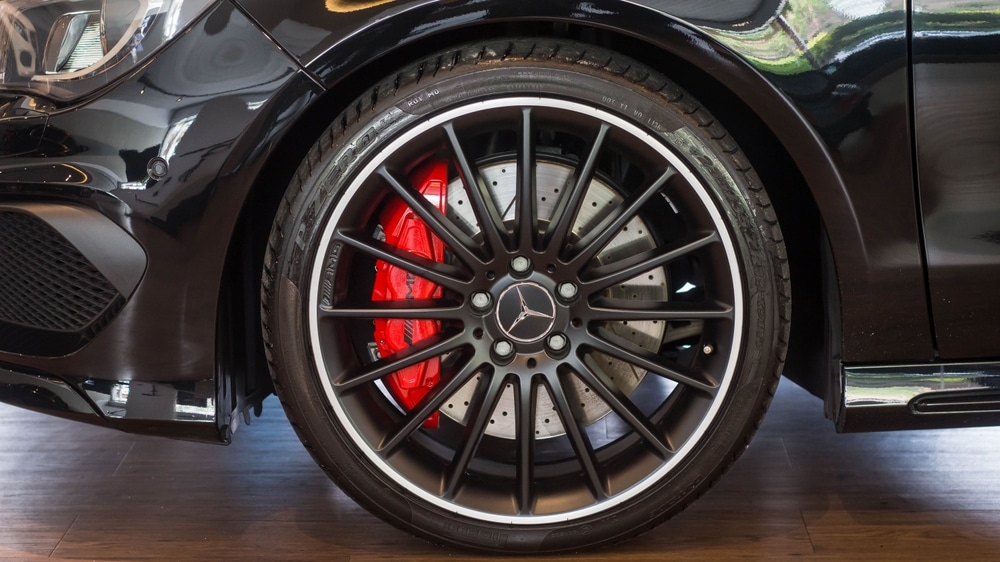At Fitch Autos our customers are our top priority and we want you to be sure you are driving vehicles on which you can rely. We want you to be able to drive safely in the knowledge that however fast you go, you’ll always be able to stop.
We see vehicles every day that have worn brake pads. Indeed the problem is among the most common we come across. This is why we’ve written this article so you’ll know what to look out for, how to save money on your brakes, and stay safe at the same time.
The Dangers
Brakes are extremely important for any vehicle. With faulty brakes, when you push down on the brake pedal, there are always going to be questions about whether you can stop in time and if there is any danger of an accident.
Brakes with issues can not only lead to longer stopping distances but also hold out a prospect of skidding and even, in the worst cases, failing totally.
Not only that, but worn pads can often damage your brake discs leading to a premature replacement and unnecessary expense.
How Brakes Work
When you press on your brake pedal, a lever puts pressure on a piston that is filled with hydraulic fluid and is connected to a master cylinder. This hydraulic system multiplies your foot’s pressure to create enough force to apply the brakes and bring the car to a stop.
Modern cars tend to be fitted with brakes that are made up of discs, calipers, and pads. The hydraulic fluid is what causes the brake calipers to push the brake pads against the brake discs and stop the car.

The complex component combination in most modern cars includes ABS (Anti Lock Braking Systems) which have sensors to record wheel speeds and a computer to control brakes in emergency conditions.
Such technology means most brake faults we come across relate to pads and discs. These wear and from time to time need to be replaced.
Extending the life of your brakes
Brakes last for longer if you apply progressive braking. This involves pressure being applied to brakes gently initially, then in a smooth transition becoming increasingly harder. The technique doesn’t stop you braking firmly if required but progressive braking means the process can develop gradually rather than the pedal being stamped on. It is kinder on the braking system and when used correctly can:
- Prevent your wheels locking
- Reduce any chance of skidding
- Boost your car’s fuel economy
- Allow other road users plenty of time in which to react if it’s required
- Lessen brake wear
- Progressive braking also saves you money!
Awareness of Brake Faults
Even if you’ve been using progressive braking at some point, there isn’t a car on the road that isn’t going to need brake repairs. When you have any concerns the best idea is to book an inspection. We want you to be safe, not sorry.
Here’s a list of some things to look out for:
- Squealing, squeaking or grinding noises
- Scaping, vibration, or wobbling when braking
- A brake pedal that feels spongy or soft
- Lengthened car stopping distances
- The brake fluid light
- The ABS light
- The brake-pad-wear light
Brakes need to be replaced if there is an issue. Prevention is always better than cure so brakes should be inspected regularly; for example when your vehicle is serviced or if you suspect there may be an issue.
Our technicians not only inspect your pads and discs but also compare measurements with manufacturer specifications to make sure you are able to drive safely at all times.
The image below outlines the difference between braking components that are old and require replacing and the new ones. This is why it’s important that accurate measurements are undertaken and not just a visual inspection.

At Fitch Autos we also test your car’s brake fluid, because this has only a limited service life and can affect your vehicle’s braking performance.
We put your safety first, so if you have any concerns about your brakes, don’t hesitate to book a quick inspection today.
Call Fitch Autos on 01543 452630 to find out more.

